New Premier Steven Miles vows to bridge the gap between city, suburbs and country
Surrounded by unpacked boxes in his new office and with a cabinet to shape, Steven Miles has hit the ground running as Queensland Premier. Amid disastrous polling, he has a message for a sceptical electorate.
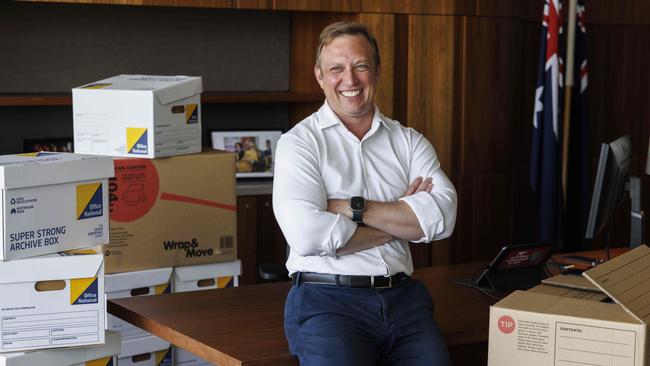
The man from Mango Hill has taken charge, bouncing from meeting to meeting in the 40th-floor eyrie of the Premier’s suite looking out on a steamy Brisbane vista. Steven Miles knows there isn’t a minute to waste.
He is surrounded by unpacked boxes, with staff fussing to keep him on the tight schedule.
There’s a cabinet to shape, ministers to congratulate or mollify over the carve-up of portfolios, redeployed department heads to lock in; the list goes on and on.
Miles, 46, had years to think about what he would do if the state government were his, and now the moment is at hand.
At the morning press conference, he stumbled through an audio check for the TV crews: “I’m Steven Miles, deputy … err, Premier of Queensland.” The title sounds odd, even to his ears.
Annastacia Palaszczuk’s things have been cleared out of the office, her old desk emptied. The only decoration is the thigh-high Christmas tree she gifted him.
“It’s been a huge week,” Miles said, as we settle in to chat.
“You know, I’ve only been in this office a dozen times or so … I usually met with the premier in the adjoining boardroom. So, yes, it does feel a little strange.”
It certainly seems like a long time in Queensland politics since Palaszczuk pulled the pin this past Sunday week after three state election victories and nearly nine years in power, backing her 2IC to succeed her.
We’ve had the drama of his elevation, initially contested by Left faction ally and friend Shannon Fentiman – the fresh face many caucus colleagues privately favoured – as well as controversy over a backroom deal to shore up the leadership ticket with Treasurer Cameron Dick and avert a drawn-out contested ballot.
Now it’s time for Miles to roll up the sleeves and get to work.
His message to a sceptical electorate? “What I wanted to do was spend the first week showing Queenslanders how I would be – that’s how I tried to work when I’ve acted (as premier) in the past. You know … I’m more of a show than tell kind of person.”
–
‘I wouldn’t have put my hand up if I didn’t think I had a chance of winning.’
–
He told The Australian that the rebooted government’s priorities were health, cost of living, addressing the housing and crime crises, and education. No surprises there. Labor has been bleeding votes on the first four of these issues, especially an epidemic in youth-related offending racking regional Queensland and capacity problems in the public hospital system.
The weekend was another wild one in Townsville, with its three at-risk state Labor seats, after balaclava-wearing louts used stolen cars to block access to an ambulance station. Separately, a police officer was taken to hospital when a patrol car was sprayed with a fire extinguisher in another brazen confrontation.
Miles has flagged he will take a submission to the inaugural meeting of his new cabinet on Monday for a police chopper and reinforcements to be sent north.
Among those set to be smiling are Meghan Scanlan, whose existing housing role is expected to be expanded, while Dick will head a powerhouse portfolio with Miles’ former brief of state development added to his Treasury responsibilities. Fentiman remains Health Minister.
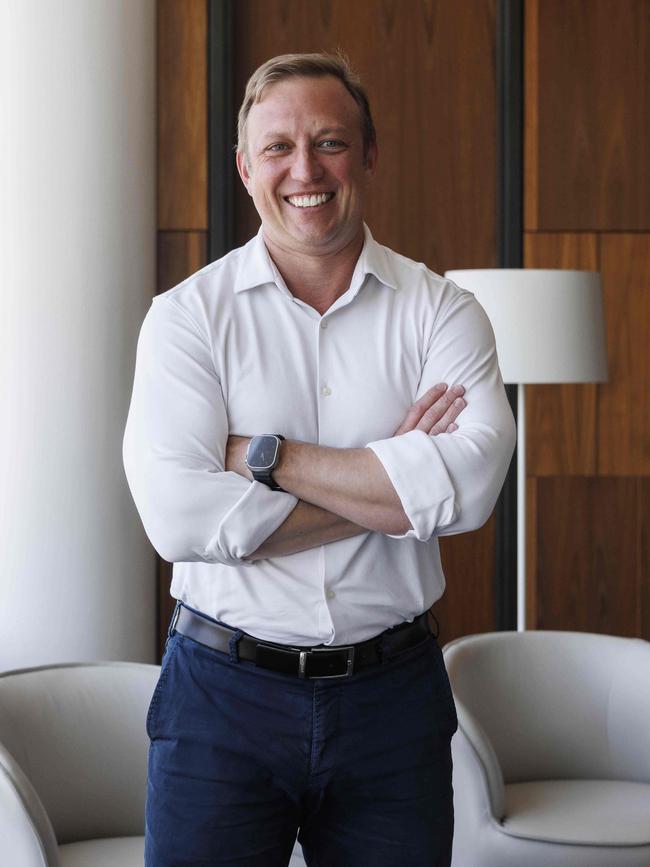
Miles’s department chief at state development, Mike Kaiser, once touted as Labor premier material before he was forced to quit state parliament over a branch-stacking scandal in 2001, will become director-general of the Department of Premier and Cabinet. As the state’s most senior public servant, Kaiser, 60, will earn nearly twice what Miles is paid, based on the pay deal of outgoing chief Rachel Hunter.
On hospitals, Miles will look to expand the program of satellite care centres he launched as health minister during the pandemic – a steep learning curve that, he believes, readied him for the top job.
“Covid was good preparation … that was day in, day out on the national stage dealing with complex policy problems impacting people’s daily lives and daily media scrutiny,” he said.
“We counted at one stage … something like 180 press conferences in a row. And this week has felt a bit like that, back to that level of intensity, activity and focus.”
Mr Miles has 10 months to prove himself before Queensland voters head to the polls next October, to show he is no puppet of the faction and union bosses, that there is more to him than the wooden figure he can cut once the TV cameras start rolling.
The reservations harboured by caucus and the wider labour movement centre on his communication skills and image, not his ability to govern.
He won’t run away from the former government’s deeply contested record. How could he? He was in cabinet from day 1 when Palaszczuk unexpectedly led Labor back to power in 2015 after the LNP’s Campbell Newman had reduced it to a rump of only seven MPs at the previous election.
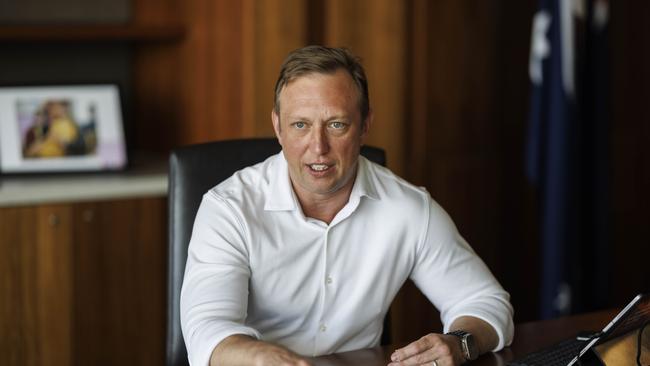
Securing the 2032 Olympics for Brisbane rates high on the list of achievements. Miles also points out the state economy is ticking along nicely: the unemployment rate of 3.5 per cent is the lowest since accurate record-keeping began in 1978 and annual export earnings are due to hit $144bn, up more than three-fold since Labor took office.
“I don’t think enough has been made of just how strong the Queensland economy is right now,” he said. “And first and foremost it’s the economy, stupid. I say that for a reason.”
He plans to burnish the government’s climate credentials – a political imperative when the Greens party is on the march in inner-city Brisbane – with a new emissions reduction target of 75 per cent below 2005 levels by 2035, a monumental undertaking. That would not involve a ban on new coal or gas projects.
Development applications would continue to be assessed on a case-by-case basis, he insisted.
Still, the muddled Games planning processes were seen to be emblematic of the government’s drift under a besieged Palaszczuk.
This was underlined by Labor’s plunging poll numbers and the emergence of LNP leader David Crisafulli as preferred premier in recent surveys.
Angered by the state’s bid to slug Brisbane City Council with part of the cost of a stand-in stadium for the Gabba while it was rebuilt for the Olympics, LNP mayor Adrian Schrinner warned on December 3 that the government had “completely lost its way” on the Games.
Miles has now moved to reinstate the independent infrastructure delivery agency that was axed by Palaszczuk and will review the $2.7bn Gabba redevelopment along with the $2.5bn Brisbane Arena – quite a backflip when you consider he was responsible for bringing the agency’s proposed functions in-house.
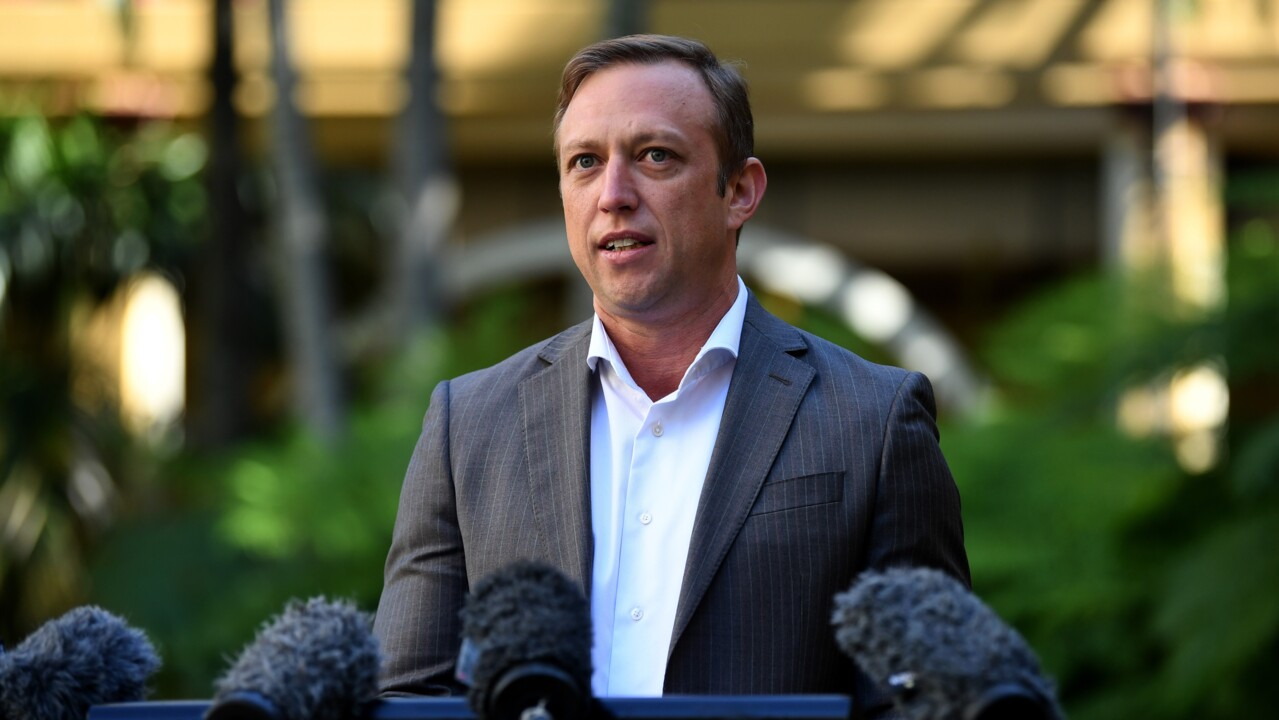
The new Premier said there were no easy fixes for the pricey projects. In the case of the Gabba, a full rebuild originally budgeted at $1bn, “it’s not like there is a lick of paint option”. Asked if the existing stadium could be refurbished rather than bulldozed, he said: “We’ve looked at those options and they all come up with pretty bad outcomes and not much less money. So you might get away with $1.8bn, but you end up with only a quarter of a decent stadium.
“That’s why we want the independent look.”
Miles acknowledged that a fourth term was a big ask for even the best-performed government. Why would he do better than Palaszczuk in seeking another go for Labor? He took his time to answer. “Well, that’s pretty hypothetical,” he said. “I didn’t choose for her to go.
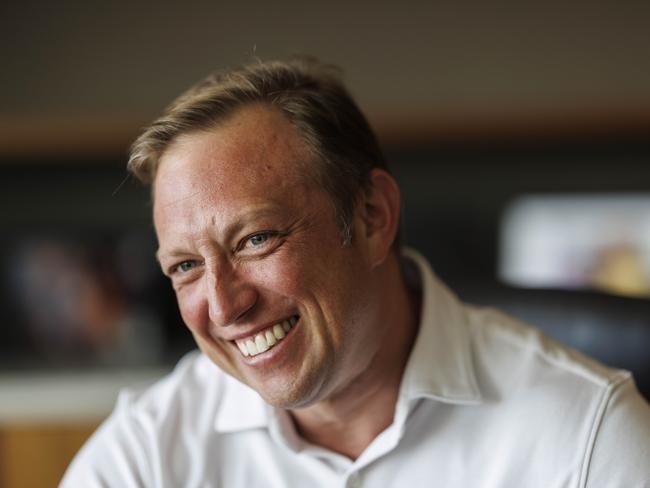
“But … I wouldn’t have put my hand up if I didn’t think I had a chance of winning. That’s why I’m here. I think the best way to win will be to govern well for these next 10 months.”
Anthony Albanese, whom he knows well from their shared history on the Left, potentially has skin in this game. His government is next to face the voters, with national elections due by mid-2025. The Prime Minister must lift the federal ALP’s tally of five of 30 house seats in Queensland if he is to avoid minority government or losing to Peter Dutton; the last thing he wants is a Sunshine State that’s down on the Labor brand.
“I’m really close to the Prime Minister. I think there’s a real chance for us to work together,” Miles said.
He sees his deep roots in the brick and tile sprawl of Brisbane’s outer north as an asset. Miles lives with wife, Kim, whom he met while they were both working for the Queensland Public Sector Union, and children Sam, 16, Aidan, 13, and Bridie, 9, in a subdivision at Mango Hill, an hour in peak-hour traffic from the “tower of power” at 1 William St.
Miles hopes to make his government a bridge between the inner-city and the suburbs and reconcile the competing interests that make Queensland’s voters among the most difficult in the nation to win over.



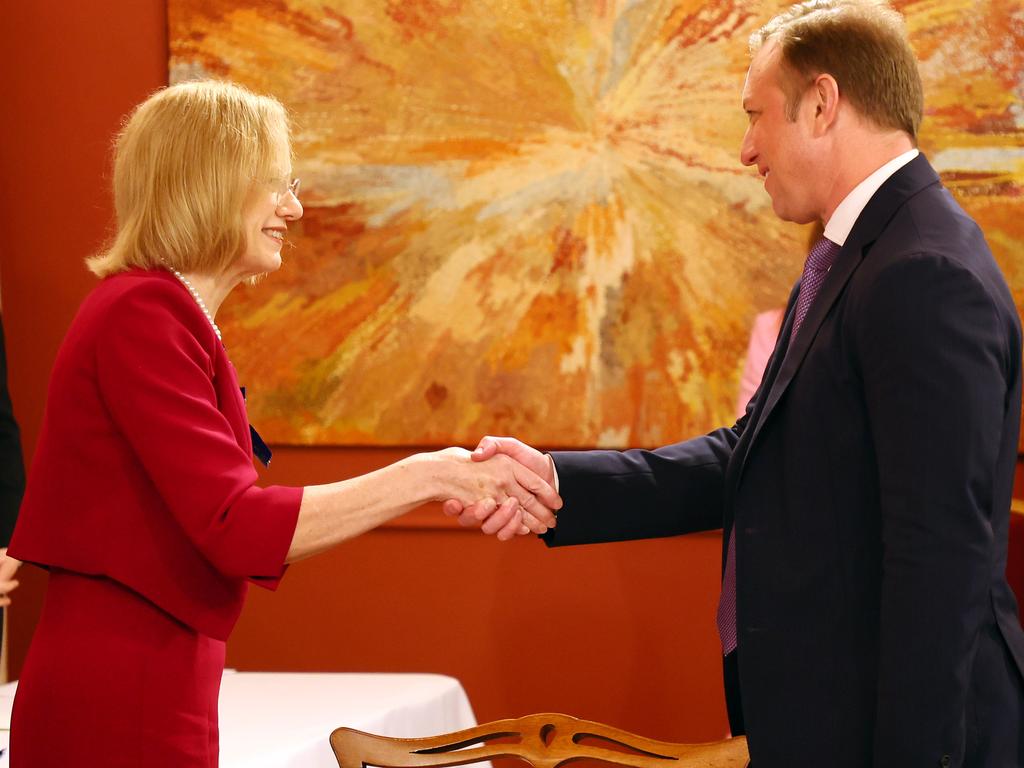
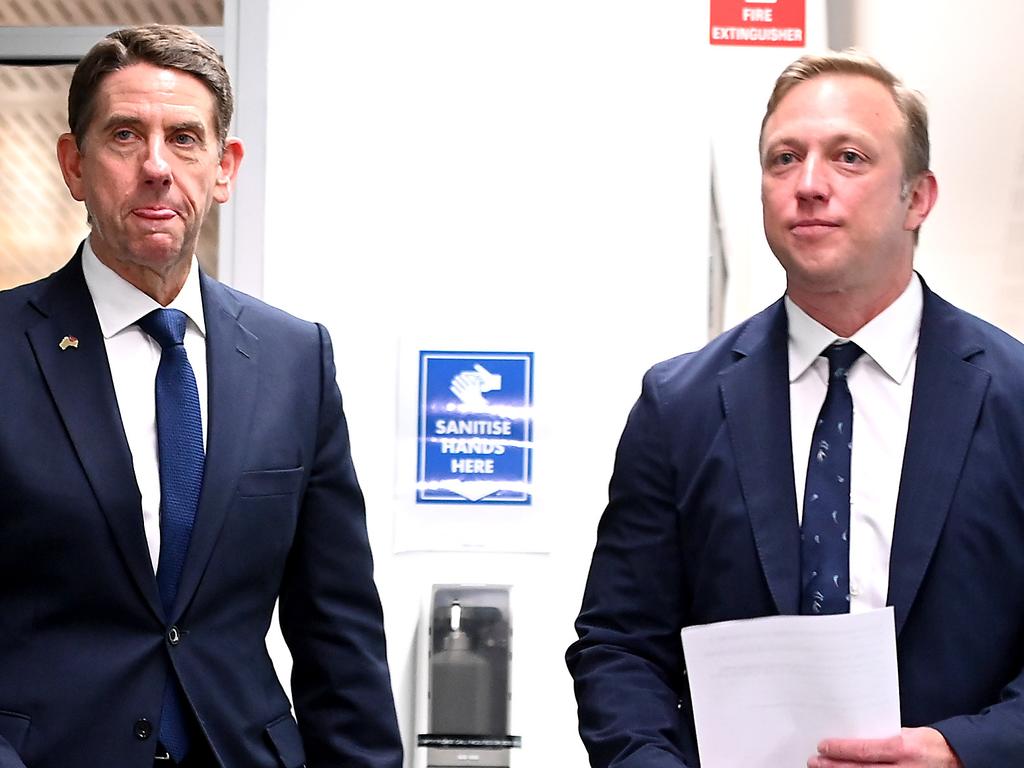
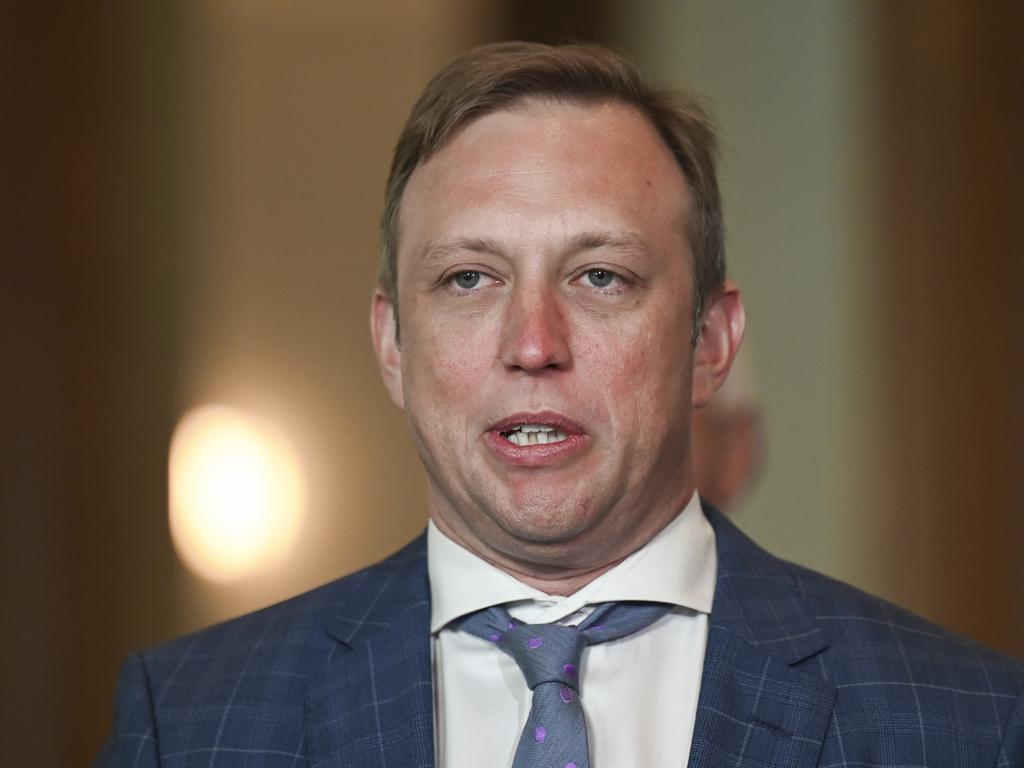
To join the conversation, please log in. Don't have an account? Register
Join the conversation, you are commenting as Logout